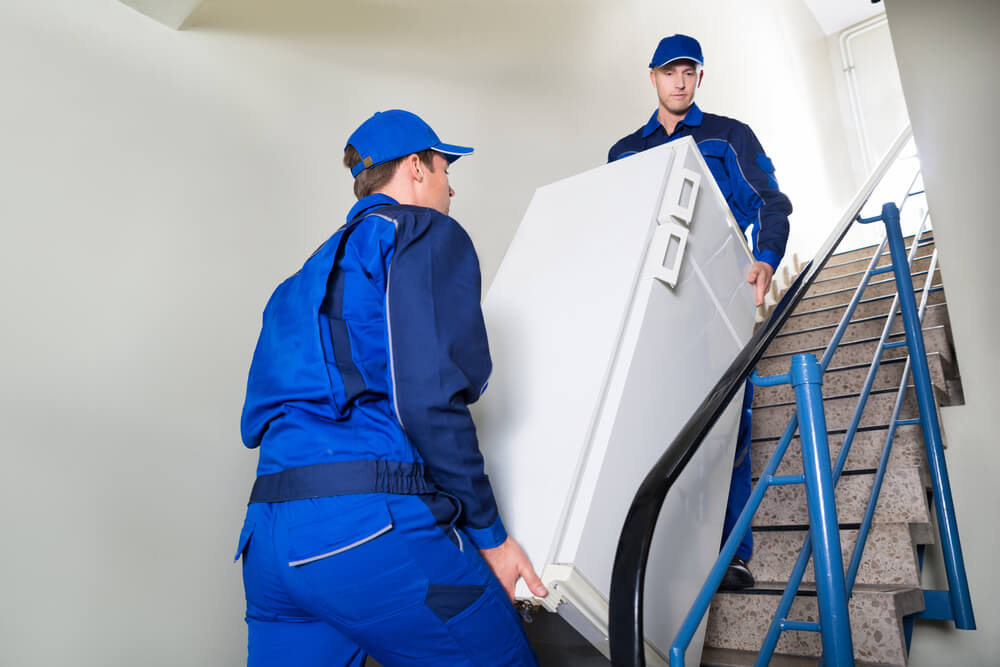Delta Force Loadout & Timing Guide (plus a cheap, safe way to refuel between matches)Delta Force Loadout & Timing Guide (plus a cheap, safe way to refuel between matches)
Winning streaks in Delta Force look less like highlight reels and more like rhythm: clear roles, smart rotations, and utilities deployed on time. This guide focuses on the practical pieces that shorten fights and reduce lobby downtime—with a low-friction way to top up when a small gear upgrade actually helps the plan.
1) Lock roles before you land
Entry (Vanguard): slices corners, takes first contact, and calls the pace. A controllable rifle, quick optic, and compensator beat “hero builds” you can’t hold steady.
Anchor (Overwatch): owns rooftops, spines, and long roads. Think stable DMR, mid-range clarity, rangefinder. Job: information and punishment.
Support (Utility): plates, ammo, smokes, drones, vehicle timing. This role turns a 30-second shove into a three-minute push that survives counterpunches.
When a specific blueprint genuinely improves one of these jobs—steadier first bursts for Entry, clearer thermals for Anchor, or longer UAV time for Support—grab it quickly and get back to comms. Keep refills boring (in the best way) via cheap Delta Force credits so the squad doesn’t desync in lobby.
2) Movement > mechanics (most nights)
Slice, don’t slide. Shoulder the first inch of an angle, bait a shot, then commit with a trade partner. Sliding into layered sightlines feeds crossfires.
Plate while rotating. Replate during short, covered moves; standing still invites free damage.
Vehicles win space, not rooms. Use them to beat gas or patrol lines; dismount early and clear the last 40 meters on foot.
Utility cadence: Recon → Smokes → Breach. Reversing the order burns tools for one doorway.
If a small purchase completes the timing—extra plates for a two-wave breach or an aerial ping before a convoy break—handle it in a minute through secure Delta Force top up and return before the window closes.
3) Map levers that flip rounds
High spines & long roads dictate rotations—post Anchor there with a DMR and a spotter drone.
Noise discipline is free advantage: walk the last 20 meters; doors and ladders broadcast positions.
Circle math saves endgames: gatekeep only if the next zone won’t pinch you. Otherwise rotate early and build the crossfire that forces mistakes.
4) Pre-match checklist (the version teammates actually follow)
Roles locked; tools assigned (breach, smokes, UAVs, plates, vehicle).
Primary route, backup rotate, and a break-contact plan.
Recon at T-10s, smokes at T-5s, breach on call.
Plate/ammo parity check—no one hits empty first.
Once breach starts: one caller, concise comms.
Need a final piece—stabilizer, thermal, extra UAV charge—before go time? Use reliable Delta Force recharge and keep the lobby timer intact.
5) Troubleshooting the stalls every squad hits
“Clean entry, then stall.” Support is trailing. Push utility forward ~10 meters and pre-assign smoke lanes so Entry can plate after the first trade.
“Vehicles keep dying in crossfire.” Dismount earlier and clear on foot behind a three-count smoke. Vehicles gain position; they don’t clear rooms.
“Snipers lock our rotate.” Split pressure: Anchor baits from the spine while Entry + Support take the blind approach. Two fronts break tunnel vision.
6) Spend like logistics, not hype
Treat currency as supply. Buy early in a session or at the start of an event so ordinary playtime compounds rewards; avoid last-minute detours that freeze team rhythm. A predictable route such as budget-friendly Delta Force coins keeps totals transparent, checkout encrypted, and confirmations quick—often in minutes.
Why this lane stays sane
Clear, final pricing (no last-click surprises).
Fast processing that preserves queue tempo.
Human support with plain-language steps if verification appears.
Security by default through trusted gateways; details exist only to deliver the order.
FAQ (quick answers players actually want)
Q: Is “cheap” code for risky?
A: It shouldn’t be. Look for transparent totals and encrypted checkout. If fees appear at the last step, that’s noise—not savings.
Q: What’s the best first upgrade?
A: Whatever fixes your role’s pain: Entry recoil control, Anchor sight clarity, or Support’s UAV/plate uptime.
Q: How many vehicles should we run?
A: One for space, then boots. Dismount before the final approach and fight the last meters on foot.
Q: When should we top up?
A: Before the block starts or right after a win streak—never mid-tilt. Use discount Delta Force refill between queues and stick to your plan.
Bottom line: In Delta Force, the calm teams win. Roles first, timing second, purchases that serve the plan—and a refuel path that’s cheap, safe, and reliable so the only countdown anyone watches is the mission clock, not a spinning payment wheel.





